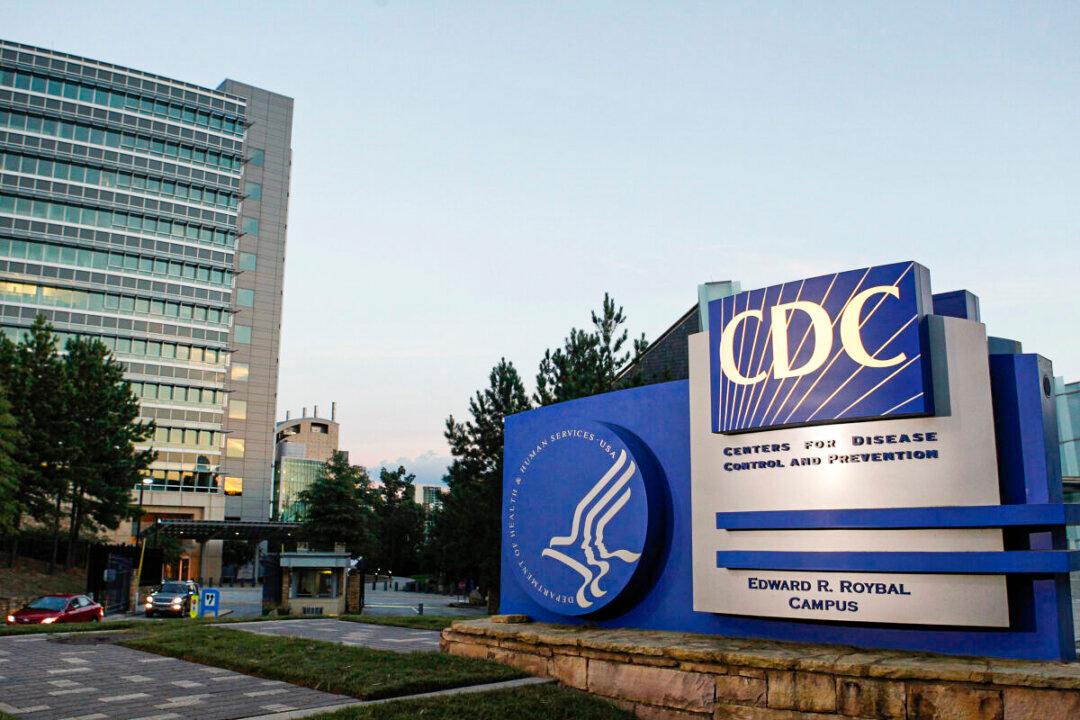The Centers for Disease Control and Prevention (CDC) altered the definition of “vaccine” because of concern that the definition didn’t apply to COVID-19 vaccines, according to newly released internal emails.
The agency updated its definition on Sept. 1.






